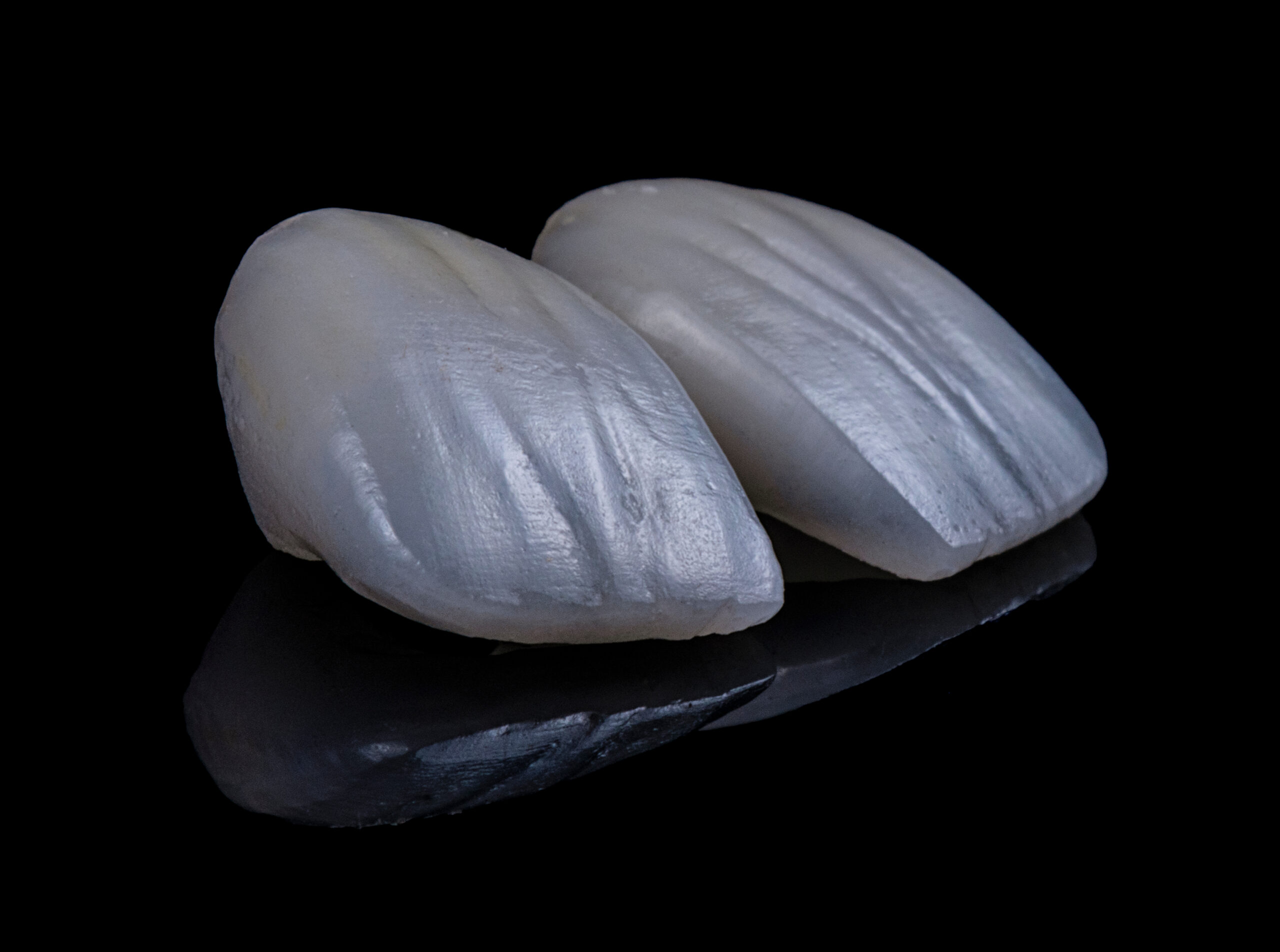Veneers: Enhance Your Smile 😁
Dental veneers: Cost, procedure, and results
Introduction
Welcome to our blog post on dental veneers! If you’ve been considering improving your smile, dental veneers are a popular and effective option to achieve that perfect set of pearly whites. In this article, we will delve into the cost, procedure, and results of dental veneers. Whether you’re curious about the financial aspect, the step-by-step process, or the transformative outcomes, we’ve got you covered. So, grab a seat, relax, and let’s explore the world of dental veneers together!
Understanding the Cost of Dental Veneers: What to Expect
When considering dental veneers, the cost can fluctuate significantly based on several factors. Firstly, the material choice plays a crucial role, as porcelain veneers usually carry a higher price tag compared to composite resin alternatives. Additionally, geographical location is important; dental practices in urban areas often charge more than those in rural settings. Furthermore, the dentist’s experience and reputation can influence the price, with top-tier professionals often demanding premium rates. The total cost can also be affected by the number of veneers needed, any preparatory work required, and the necessity for follow-up appointments.
Step-by-Step Guide to the Dental Veneers Procedure
The journey to achieving a stunning smile with dental veneers begins with an initial consultation, where the dentist and patient discuss goals and expectations. Following this, the dentist carefully prepares the teeth by removing a small amount of enamel to ensure the veneers will fit seamlessly. Next, precise impressions of the teeth are taken, which serve as a blueprint for crafting custom veneers that fit perfectly. Finally, the veneers are bonded to the teeth using a special adhesive, and any necessary adjustments are made to guarantee a comfortable and natural fit.
Comparing Different Types of Veneers for Teeth
Porcelain veneers are renowned for their durability and natural appearance, making them a favorite among those seeking a long-lasting and aesthetically pleasing solution. On the other hand, composite veneers present a more affordable option, though they may not offer the same longevity as porcelain alternatives. Lumineers, a brand of ultra-thin veneers, stand out for their minimal tooth preparation and quicker application process, appealing to those who prioritize convenience. Lastly, zirconia veneers provide a robust and aesthetic solution, particularly for patients facing severe dental issues, thanks to their exceptional strength and reliability.
Caring for Your New Veneers: Tips and Tricks
To keep your veneers looking their best and lasting as long as possible, it’s essential to brush and floss regularly, just as you would with natural teeth. Avoid biting into hard foods or using your teeth as tools, as these actions can damage your veneers. Regular check-ups and cleanings at your dentist’s office are crucial for maintaining their condition. Additionally, opt for a non-abrasive toothpaste and a soft-bristled toothbrush to clean your veneers gently and effectively, ensuring they stay pristine and comfortable.
Frequently Asked Questions
How long do dental veneers last, and what kind of results can I expect?
Dental veneers typically last between 10 to 15 years with proper care, offering a long-term solution for an enhanced smile. The results from dental veneers can include a brighter, more even smile and improved overall dental aesthetics, making them a popular choice for those seeking a noticeable change. Regular maintenance and good oral hygiene are crucial for extending the lifespan of your dental veneers, ensuring they remain in top condition. Patients can expect a significant enhancement in the appearance of their teeth, often leading to increased confidence and satisfaction with their smile.
Are there any risks or side effects associated with dental veneers?
Getting dental veneers can sometimes lead to increased tooth sensitivity, particularly when consuming hot or cold foods and drinks. It’s not uncommon for veneers to chip or crack if subjected to excessive force or trauma, so care must be taken to avoid such incidents. Some individuals might also experience gum irritation or inflammation following the placement of veneers, which can be uncomfortable. Additionally, it’s important to note that the process of getting veneers is irreversible, as it permanently alters the natural tooth structure.
Conclusion
In conclusion, dental veneers offer a transformative path to achieving a beautiful smile, with various factors influencing their cost, from the type of material used to the geographical location and the dentist’s expertise. Understanding the detailed step-by-step procedure—from initial consultation to the final bonding—can help set realistic expectations and prepare you for the journey ahead. By comparing different types of veneers, you can make an informed decision on what best suits your needs, whether you prioritize durability, affordability, minimal preparation, or strength. Finally, maintaining your veneers through proper care and regular dental visits will ensure they remain in top condition for years to come. Investing in dental veneers is more than just a cosmetic upgrade; it’s a commitment to enhancing your smile and boosting your confidence. So, are you ready to flash those pearly whites with pride?
